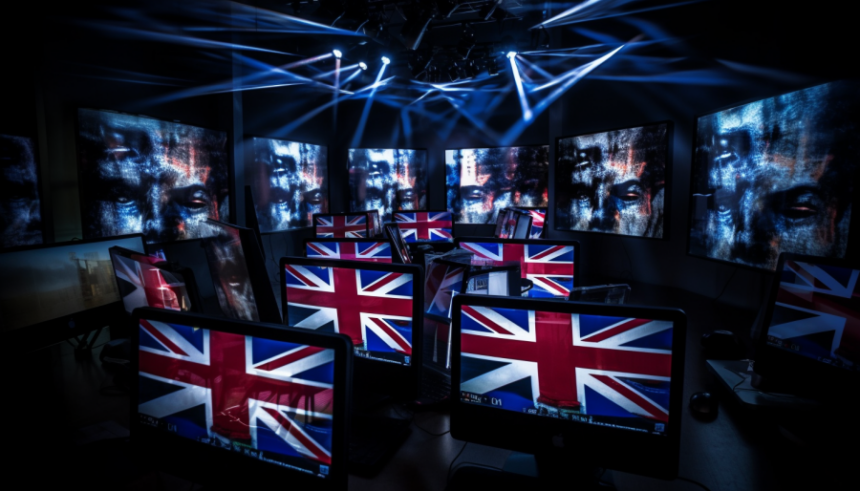By Cameron Macpherson
Deepfake videos generated by artificial intelligence (AI) could be mobilized by bad actors to influence the upcoming UK election a top government minister has warned.
Home Secretary James Cleverly said it could create a ‘perfect storm’ before Brits head to the polls, likely before the end of 2024.
Cleverly – in preparation for a meeting with Silicon Valley bosses – said that the time for deepfake videos disrupting elections across the world is well and truly here and ‘already in play’.
He went on to warn British voters opinions may be swayed if their social media platforms are filled with convincing AI-generated deepfakes. These forgeries could be made on behalf of UK adversaries, such as Russia and Iran. However, this possibility is not limited to the UK, with over half the global population set to take part in elections this year – such as the UK, US, and the EU.
Speaking to The Times, Cleverly said:
“The era of deepfake and AI-generated content to mislead and disrupt is already in play, increasingly today the battle of ideas and policies takes place in the ever-changing and expanding digital sphere.”
“The landscape it is inserted into needs its rules, transparency, and safeguards for its users. The questions asked about digital content and the sources of digital content are no less relevant than those asked about the content and sources at dispatch boxes, newsrooms, or billboard ads.”
UK action on deepfakes
Cleverly’s concern was also echoed by London Mayor Sadiq Khan who warned that deepfakes could be a big factor in a close election.
Khan has experience of the potency of deepfakes, as an AI-generated video of him making rousing remarks before Armistice Day (Britain’s version of Veterans Day) protests last year. He believes the regulation around deepfakes is not currently effective.
As reported in The Independent, Khan said:
“It’s not an issue of policing, it’s an issue of legislation and regulation.”
“My worry is, in a close election, a close referendum, these sorts of deepfake videos and audios can be the difference, but also my concern is, there are sometimes examples where these sorts of deepfake audios can lead to serious disturbances, particularly when emotions are running high,”
Tech giants rally against deepfakes
Earlier this month, the major players in generative AI; Meta, OpenAI, Microsoft and 17 others, agreed to work collaboratively to prevent deceptive AI content; however, this agreement failed to commit to banning deepfake videos.
Ahead of the upcoming European Parliament elections in June, Meta said it is setting up a dedicated to tackle the abuse of AI and the spread of disinformation, as concerns grow over the manipulative power of AI over voters.
In a blog post, Marco Pancini, Meta’s head of EU affairs said:
“As the election approaches, we’ll activate an Elections Operations Center to identify potential threats and put mitigations in place in real time,”
Meta also said it is working with 26 independent fact-checking organizations across the EU across 22 languages.
The backlash against deepfake videos has been significant, with everyone from big tech to government officials condemning the dangerous implications of this technology. As technology continues to evolve, it will be critical for regulations to catch up in order to protect people from the potential harms of deepfake videos and other deceptive AI-generated content.
Source: readwrite.com


